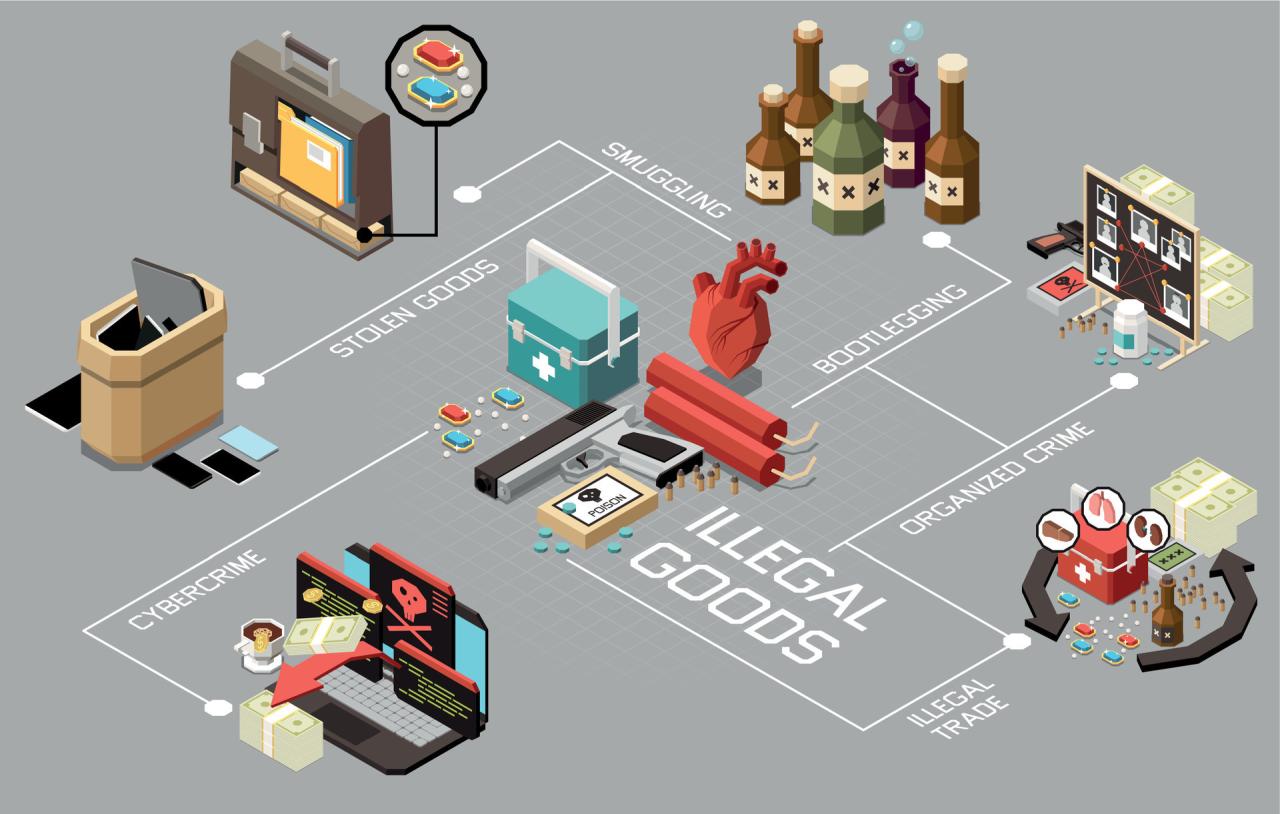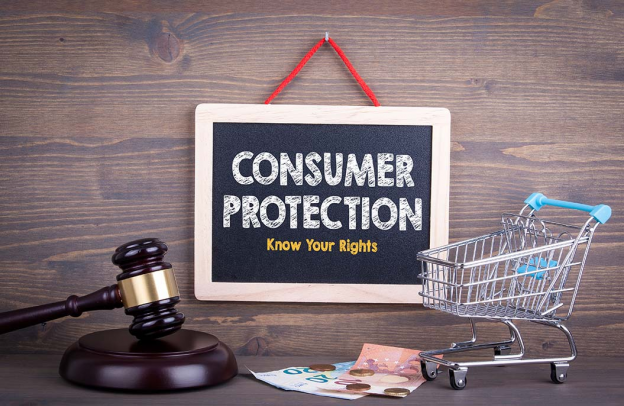The digital age has revolutionized how we consume content, and podcasts have become a dominant force in the media landscape. However, beneath the surface of legitimate podcasting lies a shadowy underworld—Podcast Black Market Deals. These illicit transactions involve unauthorized content sales, stolen intellectual property, fake listener stats, and even illegal advertising schemes.
In this in-depth guide, we’ll explore the hidden side of podcasting, from how black market deals operate to their impact on creators and listeners. We’ll also discuss legal alternatives and ways to protect your podcast from being exploited.
What Are Podcast Black Market Deals?
Podcast black market deals refer to illegal or unethical transactions involving podcasts, such as:
-
Stolen Content: Unauthorized distribution of premium podcast episodes.
-
Fake Downloads & Reviews: Artificially inflating listener numbers to attract advertisers.
-
Illegal Sponsorships: Promoting banned or fraudulent products.
-
Pirated Software & Tools: Using cracked versions of podcast editing software.
-
Plagiarized Shows: Copying entire podcast formats without permission.
These practices harm legitimate creators, mislead advertisers, and degrade the podcasting ecosystem.
How the Podcast Black Market Operates

A. Unauthorized Content Distribution
Many black market sellers illegally repost paid or exclusive podcast episodes on file-sharing sites, private forums, and torrent platforms. This denies creators their rightful revenue.
B. Fake Engagement Schemes
Some sellers offer “bot farms” to generate fake downloads, reviews, and subscribers. This deception tricks advertisers into paying for non-existent audiences.
C. Illegal Sponsorships & Ad Fraud
Shady networks promote scams, counterfeit products, or illegal services through podcast ads, often without the host’s knowledge.
D. Stolen Intellectual Property
Fraudsters clone successful podcasts, mimicking branding, episode formats, and even host personas to deceive listeners.
E. Pirated Production Tools
Many use cracked versions of premium editing software like Adobe Audition or Descript, depriving developers of income.
The Impact of Black Market Podcasting
A. Financial Loss for Creators
Legitimate podcasters lose revenue when their content is stolen or when advertisers pull out due to fraud.
B. Erosion of Trust in Podcasting
Fake stats and scams make advertisers wary, reducing sponsorship opportunities for honest creators.
C. Legal Consequences
Engaging in black market deals can lead to lawsuits, fines, and even criminal charges for copyright infringement and fraud.
D. Poor Listener Experience
Fake or plagiarized content leads to low-quality podcasts, frustrating genuine audiences.
How to Protect Your Podcast from Black Market Exploitation

A. Secure Your Content
-
Use DRM (Digital Rights Management) for premium episodes.
-
Watermark audio files to track unauthorized distribution.
B. Monitor for Piracy
-
Regularly check torrent sites and forums for stolen content.
-
Use services like DMCA.com to issue takedown notices.
C. Avoid Fake Engagement Services
-
Never buy fake listeners or reviews—platforms like Spotify and Apple Podcasts penalize such behavior.
-
Grow your audience organically through SEO and genuine engagement.
D. Verify Sponsors & Ad Networks
-
Research advertisers to ensure they’re legitimate.
-
Avoid promoting high-risk products (e.g., gambling, unregulated supplements).
E. Use Licensed Software
-
Invest in legal podcasting tools to avoid malware and legal trouble.
Legal Alternatives to Black Market Podcasting
Instead of resorting to unethical practices, consider these legitimate strategies:
A. Monetize Through Ad Networks
Join reputable ad networks like Midroll, Podcorn, or Spreaker for safe sponsorships.
B. Offer Premium Subscriptions
Platforms like Patreon, Supercast, and Apple Subscriptions let fans support you directly.
C. Sell Merchandise & Digital Products
Leverage your brand with custom merch, eBooks, or online courses.
D. Crowdfunding & Donations
Use Kickstarter, Indiegogo, or Buy Me a Coffee to fund your podcast ethically.
E. Licensing & Syndication
License your content to media outlets or streaming platforms for additional revenue.
Conclusion
The Podcast Black Market is a growing threat, undermining trust and profitability in the industry. By understanding how these illegal deals work and taking proactive steps to protect your content, you can safeguard your podcast’s integrity.
Instead of shortcuts, focus on ethical growth strategies genuine audience engagement, legal monetization, and high-quality content will always yield better long-term results.












